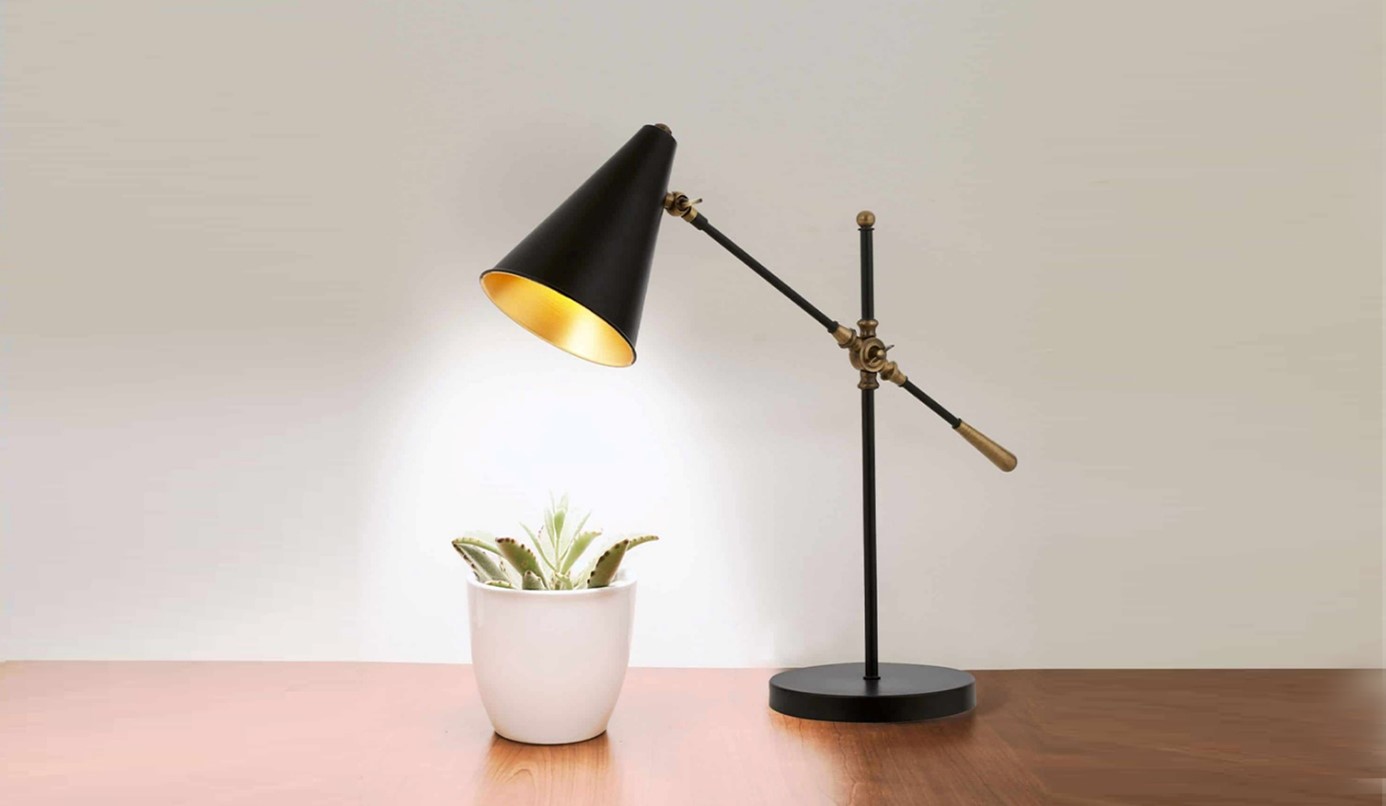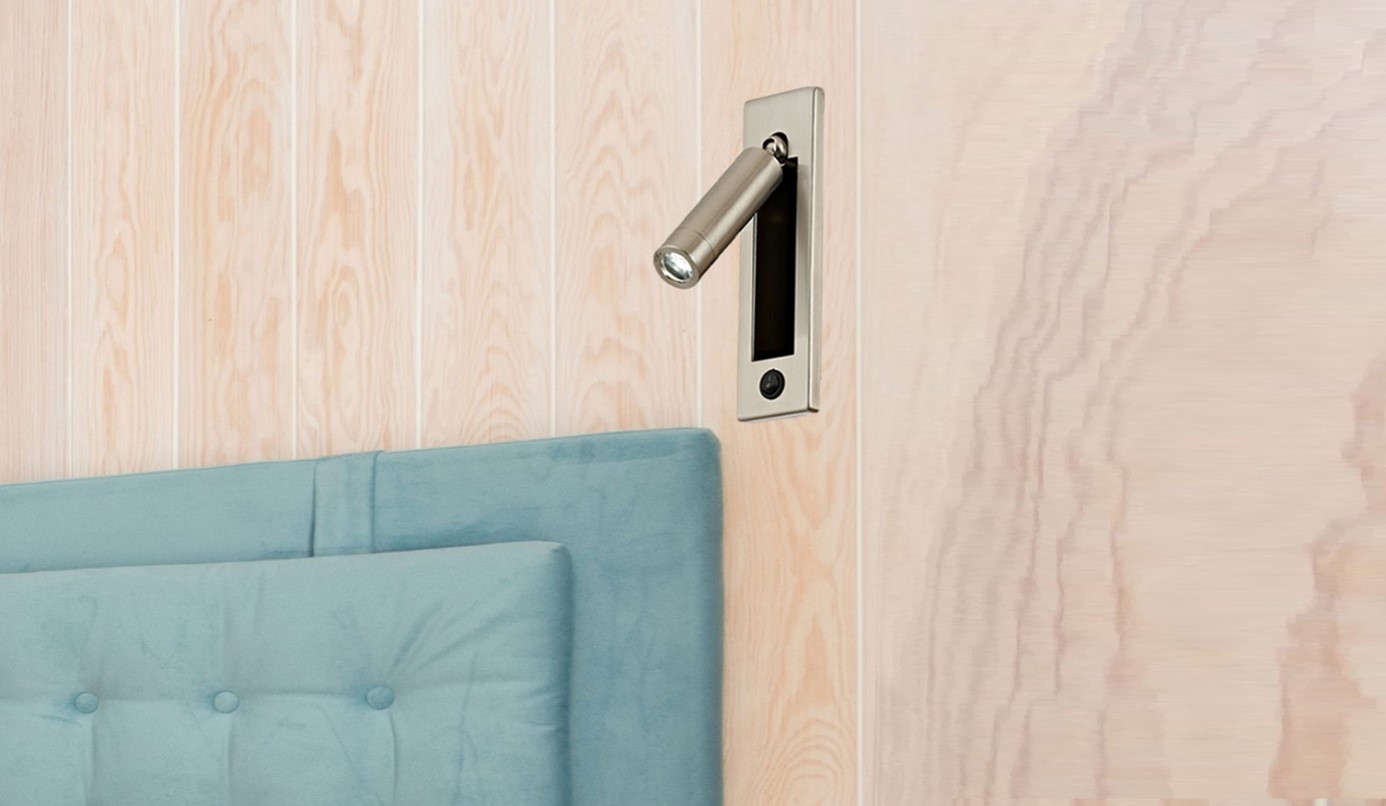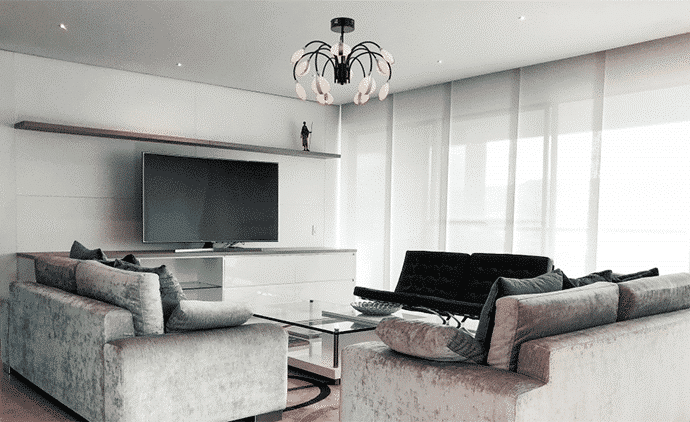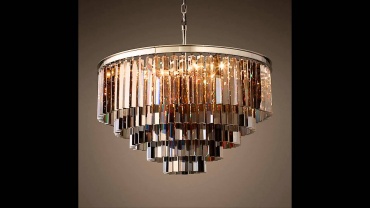When it is about the lighting, our main light source that comes to mind first is the sun and all mordern lightings are artifical systems that imitates sunlight. The color of objects may not look as original under artificial light sources and color tone of object under sunlight considered as original.
All lightings are evaluated by comparison with Sunlight
The benefit of sunlight is not just getting light free of charge. Apart from lighting, sunlight provides much more benefits for animals, plants and humans.
It can not be denied that lighting has an important role on human health. While we know that too much natural sunlight may cause sunburns and even skin cancer, the right amount of sunlight can provide people with essential Vitamin D. Let’s take a look at the effects of sunlight and solar lamps on human health.

1. Sunlight can improve mood.
One of the most important benefits of sunlight is its posibilities of improve your mood. Light therapy, also called phototherapy, has been proven to help with various mood-related disorders such as depression and seasonal disorders caused by chemical imbalances, postpartum depression, and premenstrual dysphoric disorder. Even if you don’t suffer from any of these mood-related conditions, lights that immitate natural sunlight can help improve your mood.
Getting sufficient sunlight can help you towards mood disorders, especially seasonal affective disorder (SAD). SAD is a type of depression that usually occurs during the fall and winter months when there is less sunlight.
Additionally, not getting enough sunlight can cause lower serotonin levels, which can contribute to depression. Therefore, getting more sunlight is recommended and it can improve your serotonin levels and mood.
2. Sunlight can help focus
There’s no denying the fact that natural sunlight and artifical lights can increase focus and productivity. This type of illumination is like a signal to the mind and body that it is time to be alert and focus on a task. For a specific job that requires focus, lighting with blue lights will be very helpful.

3. Get Vitamin D From the Sun
By providing vitamin D to the body, the sun helps prevent vitamin D deficiency, osteoporosis, premature aging, anemia and immune system diseases. It accelerates the healing of wounds and infections on the skin. Known as the “sunshine vitamin,” vitamin D offers many benefits, including the ability to regulate your immune system. A regulated immune system helps your body to fight infections.
4. Sunlight kills bacteria
Many of us spend a lot of time indoors. We work indoors and under artificial lights all day. These indoor environments can contain dust that carries different types of bacteria which can trigger asthma and allergy symptoms.
One study found that sunlight can kill bacteria living in dust. In this particular study, 12% of bacteria survived in dark rooms, but only 6% of dust bacteria survived after exposure to sunlight.
What does this mean for you? Open the blinds and curtains and let more sunlight into your home. By doing this, you can improve the air quality of your home, as the sun’s UV rays kill bacteria living in the dust.
5. Sunlight can improve sleep quality
Sun exposure plays a huge role in maintaining your body’s internal clock, or circadian rhythm. In general, your circadian rhythm responds to the sun’s light/dark cycle, helping you fall asleep at night (when it’s dark) and wake up in the morning (when it’s bright).
Get enough sunlight to improve your sleep hygiene and get more out of the sun’s light/dark cycle. For example, experts recommend getting bright light in the morning to increase your chances of falling asleep early in the evening.
Getting some sunlight in the morning can help you sleep as it raises your melatonin levels. Melatonin plays an important role in regulating the body’s circadian rhythm and helping you sleep when it gets dark.

How much sunlight should you get?
You can achieve the recommended daily amount of sunbathing in as little as 10 minutes. For example, experts in the UK recommend 10 to 15 minutes of sun exposure per day.
However, for people with dark skin, 25 to 40 minutes of sun exposure is recommended. This is because people with darker skin have more melanin in their skin – a molecule that acts as a natural sunscreen.
Although melanin provides more protection against sun damage, it can make getting enough sun exposure a bit more difficult. Therefore, if you have darker skin, you may need to spend a little more time in the sunlight to get its benefits.
Regardless of skin tone, remember that spending too much time in the sun can increase your risk of sunburn or skin cancer. You may be wondering if wearing sunscreen prevents you from getting enough sunlight to make vitamin D. Our bodies only need a little bit of sunlight to create vitamin D, so sunscreen is still a good idea. Also, research shows that regular use of sunscreen does not harm the body’s ability to produce vitamin D.
What can you do to get sunlight in modern life?
We all work in offices, factories, shopping malls, and we work during the most active hours of the sun. So what can you do?
- Take a short walk outdoors during your work break.
- Get up 20 minutes early in the morning and take a short walk for sunlight, especially in winter.
- Have your lunch outside in public area.
- If you work in the office, sit close to the window.
- If you can’t get enough sunlight in winter, you can buy a SAD lamp (Light therapy lamp) and use this lamp for 15-20 minutes a day.










